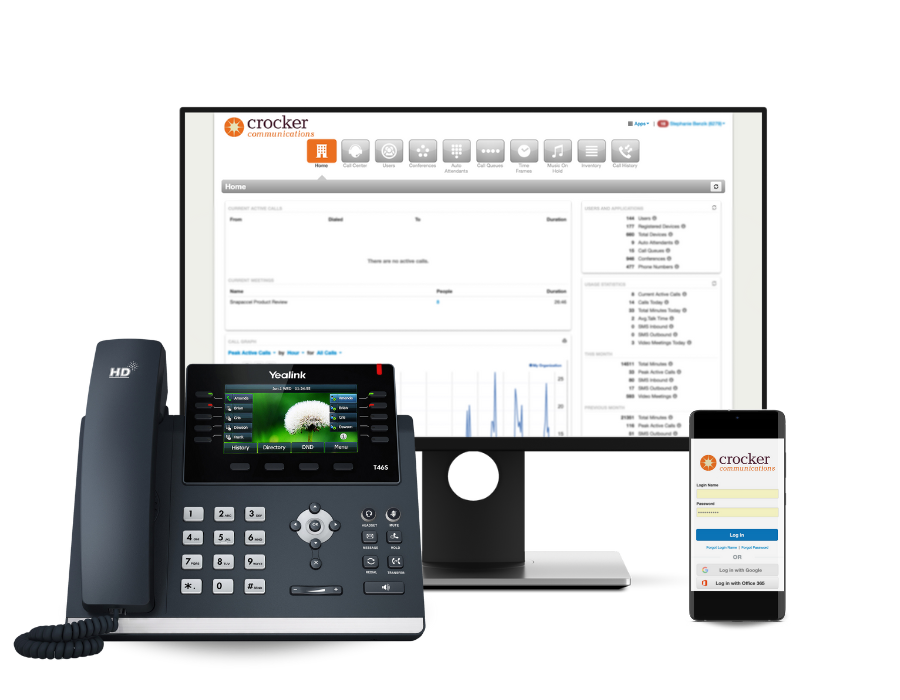ASHFIELD — Special town meeting voters packed Town Hall Tuesday for a 275-59 vote to let the town spend $2.3 million for a last-mile broadband fiber-optic build-out.
Today, they go to the polls for a special election, to allow the town to raise the $2.3 million through a debt-exclusion process that raises the tax rate above the 2½ percent levy limit, until the broadband debt is paid off.
Polls in the Town Hall are open from 7 a.m. until 8 p.m.
Tuesday’s town meeting turnout, a quarter of the town’s 1,321 registered voters, was the largest that Town Clerk Ann Dunne has seen during her six years in office. Held on a hot, humid night, when microphones were not working properly, the special town meeting started about a half-hour late, to accommodate the crush of voters standing in the back of the doors and into the foyer beyond it.
Many asked who would be building and operating Ashfield’s broadband network and questioned the wisdom of voting for the money without having those specific answers.
Selectboard Chairman Thomas Carter told the audience the board would come back for a town meeting vote to seek approval for whatever plan town officials recommend — whether it is WiredWest, another collective, or a commercial company, such as Crocker Communications.
The Finance Committee voted 3-2 in support of the broadband article, giving reasons for both sides of the argument. Chairman Ted Murray said members who opposed the spending article questioned the process of seeking authorization for the borrowing before the town has decided on a specific broadband build-out plan. He said they were concerned this would be the town’s last chance to have a voice on the issue. They questioned the fairness of taxing all property owners, including those who could not afford broadband service, and reasoned that the property-value benefit of broadband access would be of disproportionate value to those with more valuable properties than for those with smaller, less valuable properties.
The three in favor of the spending argued that the broadband would be a future benefit to the town, that going forward now would leverage state broadband funding for about 40 percent of the total cost. Ashfield’s system, if built as an independent system, is estimated to cost $3.7 million; but the state broadband bill would pay for $1.4 million of that cost. Last, the members believe a high enough percentage of broadband users in town will generate enough user fees to offset some, if not all, of the town’s broadband costs.
Residents David Fessenden, Nan Parati and Rona Leventhal questioned whether the town needed to incur a 20-year debt for broadband, when technology improvements could provide less expensive broadband a few years into the future.
“Technology moves way too quickly,” said Leventhal. “No one is going to tell me that, in 20 years, we’re not going to have a better, faster, cheaper technology. Only 10 years ago, we went from screeching modems to wireless Internet.”
Parati said Chris Gray’s Hilltown Network wireless system has worked well in the village center, and she asked if this network could be spread out to other parts of the town. Gray said it may be possible to set up wireless service to cover the town “someday in the future,” but added: “I’m not really in a position to say if fiber or wireless is the real solution. There are always risks, and, in this case, they are quite substantial.”
The vote was taken by paper ballot, giving each voter privacy and ensuring that the required two-thirds majority of voters were in favor of this borrowing authorization.
Tonight’s vote is exempt from the state’s Proposition 2½ limit on the amount required to pay for the bonds for the town’s share of construction, installation and start-up of a high-speed broadband network.
According to Finance Committee data, the money would not be borrowed all at once, but by the sixth year the average property owner would see about a $208-per-year tax increase.
Broadband Committee chairman David Kulp said the town currently has about 42 percent of households preregistered under the WiredWest collaborative plan. He said WiredWest believes that, with a 50 percent sign-up rate for Internet, phone and television service, the collaborative would be able to offset member towns’ costs.
You can reach Diane Broncaccio at: dbroncaccio@recorder.com or 413-772-0261, ext. 277
